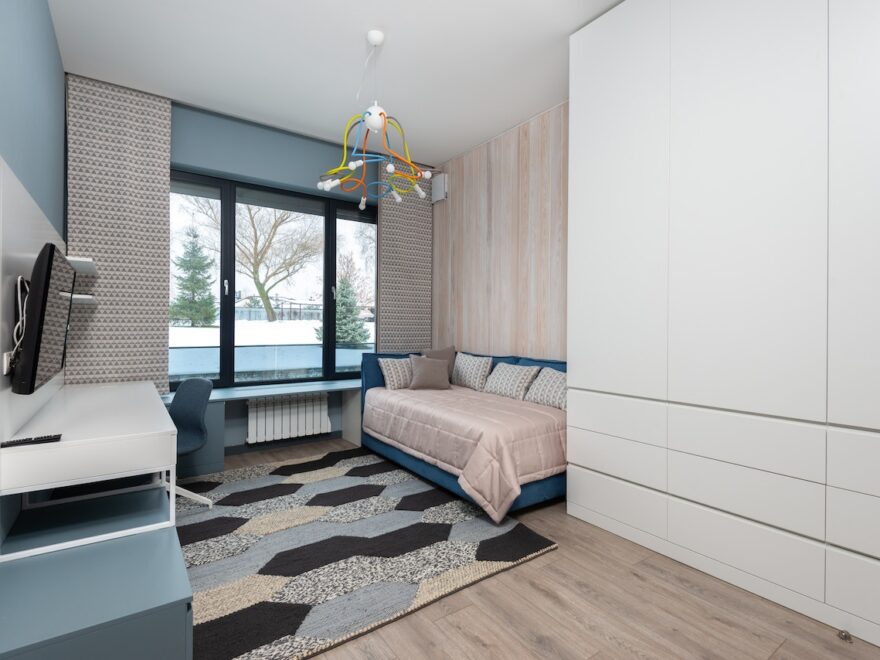When it comes to purchasing a property in Sunnyvale, California, prospective homeowners must consider numerous factors, including insurance needs. Whether you are leaning towards a cozy condo or a spacious single-family home, understanding the differences in insurance requirements is crucial for protecting your investment. In this article, we will explore the disparities between insuring condos and single-family homes in Sunnyvale, helping you make an informed decision.
- Structure Coverage:
One of the primary distinctions between insuring condos and single-family homes lies in the type of coverage needed for the structure. Single-family homes typically require comprehensive coverage, which encompasses the entire dwelling, including the roof, walls, and foundations. On the other hand, condo owners generally need a “walls-in”policy, as the homeowners’ association (HOA) typically covers the structure’s exterior. The “walls-in”policy protects the internal fixtures, such as floors, cabinetry, and other personal property within the unit. - Liability Coverage:
Another crucial aspect to consider is liability coverage. Single-family homeowners need to safeguard themselves against potential accidents or injuries that might occur on their property. Liability coverage protects homeowners if someone gets hurt on their premises, ensuring they are financially protected from legal claims. Condo owners, however, often share common spaces with other residents, making personal liability coverage vital. This coverage addresses accidents that might occur in shared areas, such as lobbies, elevators, or community pools. - HOA Master Policy:
Condo owners benefit from the existence of an HOA master policy, which covers the shared spaces and exterior of the building. However, it is essential to understand the extent of coverage provided by the HOA. The HOA master policy may only provide limited coverage, leaving condo owners responsible for specific damages or losses within their units. To avoid any gaps in coverage, condo owners should consider purchasing an HO-6 insurance policy, often known as condo insurance, which offers personal property coverage and additional liability protection. - Additional Coverages:
Sunnyvale condo owners may require additional coverage options due to the unique nature of shared living spaces. Loss assessment coverage, for example, protects condo owners if the HOA imposes assessments to cover damages or repairs not covered by the HOA master policy. Moreover, condo owners can opt for loss of use coverage, which provides financial assistance if they are unable to reside in their unit due to covered perils, such as fire or water damage.
In conclusion, understanding the disparities in insurance requirements between Sunnyvale condos and single-family homes is essential for protecting your investment. While single-family homeowners need comprehensive coverage for the entire structure and personal liability, condo owners should focus on “walls-in”coverage and additional options to address shared spaces. By evaluating your specific needs and consulting with insurance professionals, you can ensure that your property is adequately protected, regardless of whether you choose a condo or a single-family home in Sunnyvale.
